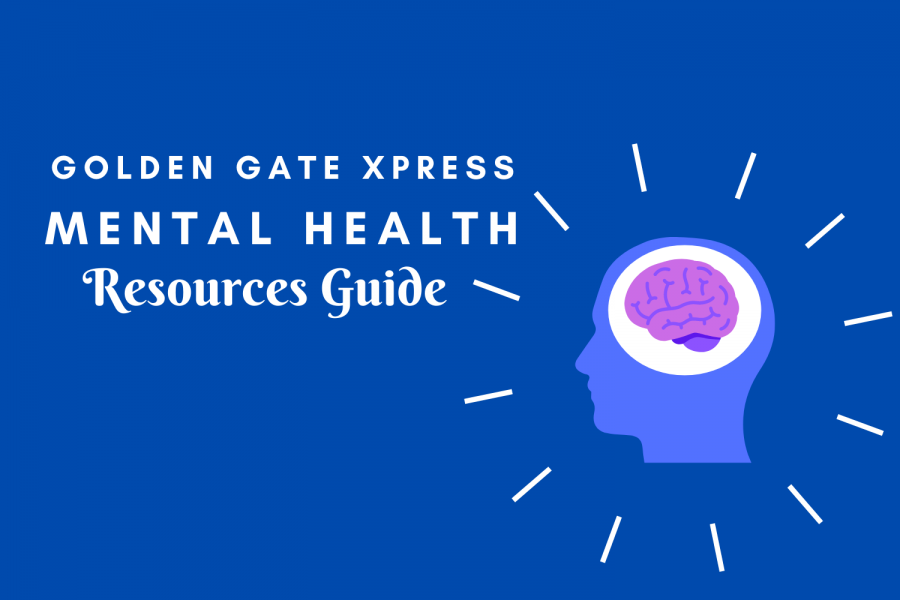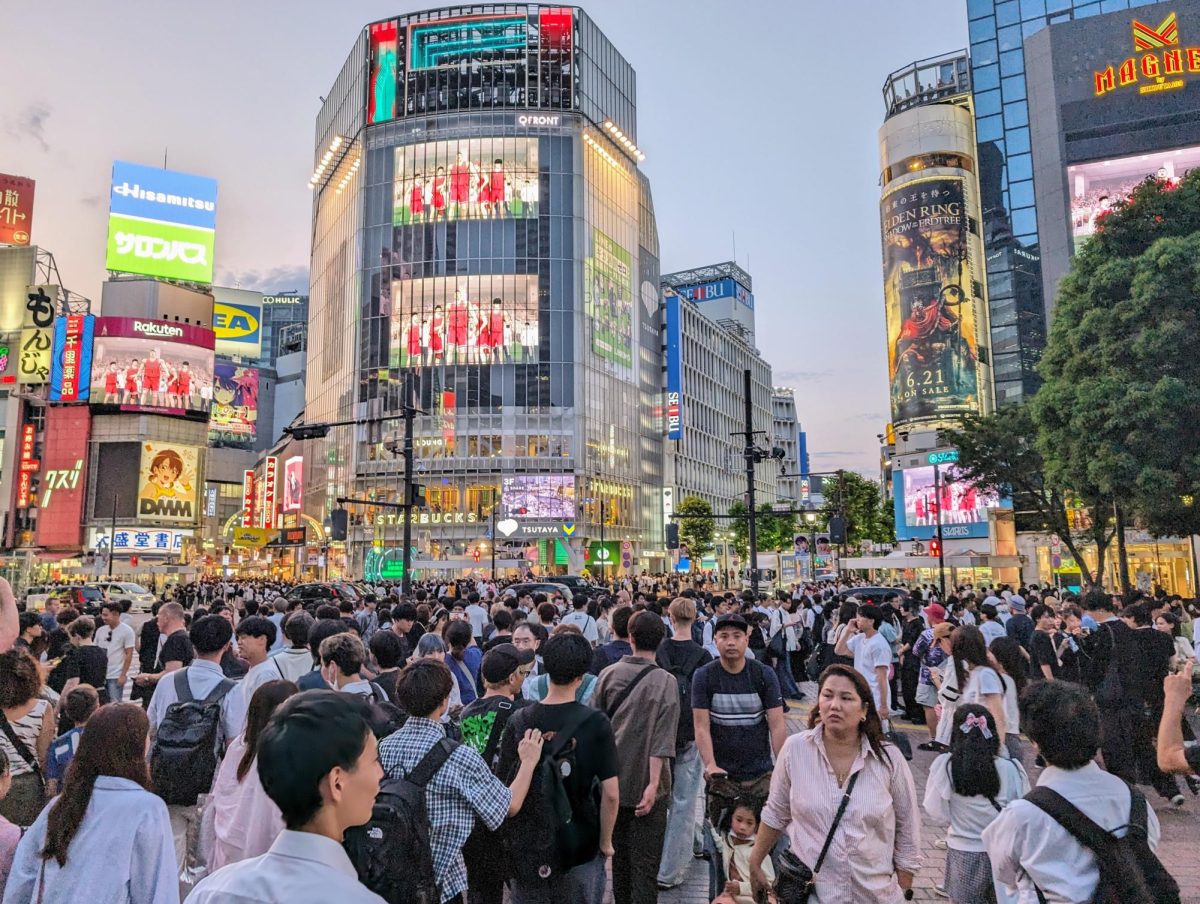Dealing with mental health during such an uncertain time — a year marked by a global pandemic, unemployment, remote learning — can be emotionally challenging and lead to stress, anxiety, and depression, symptoms that may be exacerbated by the holidays. According to a 2014 survey done by the National Alliance on Mental Illness, 64% of people with a mental illness reported that the holidays make their conditions worse because they experience high expectations, loneliness and stress that can lead to the “Holiday Blues”. Maintaining a stable mental health during the holidays can be overwhelming, but there are ways to help oneself.
Natalie Moore, a licensed marriage and family therapist, is an LA-based psychotherapist and an expert on mental health. She said that mental health allows people to do everything we want to do in life.
“We need good mental health for all the things, from the very small mundane daily tasks to the bigger goals we have for making the world a better place,” Moore said.
SF State Director of the Health Promotion and Wellness Department Karen Boyce, and licensed clinical social worker, explained that college students struggle during the holidays and deal with a surplus of emotions.
“The holidays are a great time to rest and recuperate from school, but it can also sometimes be stressful or difficult,” she said. “Family dynamics can be stressful, or not being able to be with friends and family during the holidays because of the pandemic can increase feelings of isolation and loneliness.”
It helps to make a plan and be realistic about the holidays. It doesn’t have to be perfect, but find joy in creating new ways to celebrate with friends and family. “It’s okay to say no to activities and visits too, take a breather from events to read a favorite book, listening to music or taking walks,” Boyce said.
Practicing self care regularly and taking care of your body.
Maya Johansson, co-founder and CEO of Well Clinic, a mental health clinic in San Francisco, said that practicing self-care can help improve one’s mental health, especially during the holidays.
“If you can, try to still get the same self-care you do during other times of year,” she said. “Make sure you get outside and take a walk or get some exercise and eat normally, just to take care of your body in ways that are hard to do when your schedule’s really packed.”
Johansson listed meditation; breathing exercises; reading for leisure; writing in a journal; creating art; and listening to one’s favorite music as examples of self-care.
“Do something that makes you feel like you reconnect with yourself, this could range from any task that one enjoys to do. “Try to remember to take some time every day to connect with yourself,” Johansson said.
Don’t avoid awkward dinner conversations
“My advice is going to be not about avoiding an awkward dinner conversation, but about developing emotional tolerance to be able to deal with awkward dinner conversations that are inevitably going to come up.” Moore said.
One can’t control what anyone else says or does, so prepare ahead of time for questions the family might ask.
“You probably know what’s going to come up because you know your family dynamics better than anybody. So you can probably predict to what questions and behaviors are going to be stressful and try to make a little plan around them,” Johansson said.
Mindfulness
Mindfulness is a non-judgmental awareness of the present moment. This practice requires staying present to one’s emotions, bodily sensations, the environment and surroundings. “Staying present, attune to that noticing what your needs are on a moment to moment basis, and responding to those needs.” Moore said. Bring your awareness into the five senses {touch, taste, hear, see, and smell} because one can’t sense in the past or in the future; we can only sense in the present moment. Mindfulness helps one stay calm and stay connected to one’s body on a moment’s basis, “you can’t do mindfulness wrong.”
Boundaries
This year, we’re going to have to set boundaries in a way that we never have before. We have to set physical boundaries around our bodies, and where our bodies are in relation to others.
“These are unprecedented times … in order to keep ourselves safe this year, we’re going to have to set boundaries in terms of what we feel comfortable doing, and the environments we feel comfortable being in, what food we feel comfortable eating or sharing or not eating or sharing.” Moore said.
Boundaries are a set of rules and tools that each individual can define for themselves, in order to have healthy relationships. Boundaries can range from emotional, physical, financial, time boundaries, energy, and even work-related boundaries.
Courage
This is going to take some courage and some distress tolerance. It can be particularly hard to say no to people, as it can be hard to disappoint people.
“By getting more comfortable with saying no, and communicating what we feel comfortable with versus what we don’t feel comfortable with this year during the holidays.” Moore said.
Courage can be developed, create a list of all the things that you’re afraid of and kind of put them in order from least to most, starting with simple things. Practice with the things that are not so tricky and then over time you can get better at saying no, to your mom or your boss or to these people who are a little bit harder to set boundaries with.
Keeping a stable mental health during the holidays may be difficult, but mentally prepare ahead of time for uncomfortable conversations and follow these tips provided by mental health experts to enjoy the holidays.












